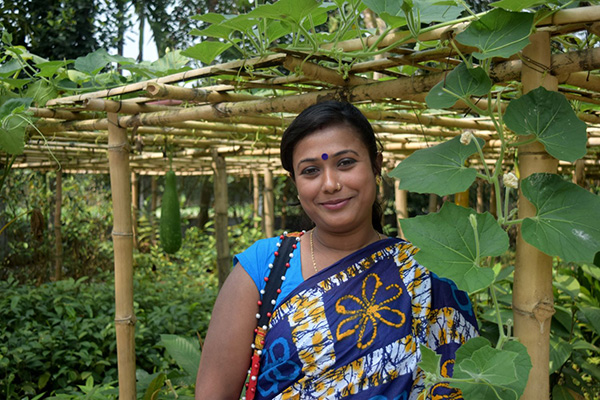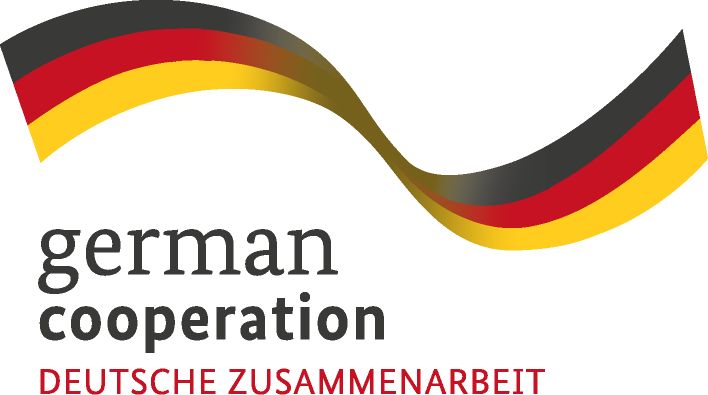Agriculture and Environment
Promoting Climate Smart Villages in Bangladesh
The programme aims to promote climate smart villages with improved food and nutrition security and strengthen capacities of communities for better disaster preparedness. 
Increased temperature, changes in frequency and intensity of rainfall, seasonal variations and unusual flooding, particularly in low-lying areas, directly affect agriculture and other modes of production. Studies suggest changing climate has serious impacts on food security and livelihoods, thereby putting millions of lives at risk, particularly in vulnerable countries such as India and Bangladesh.
Recognising that climate change poses an imminent threat to development and growth, and in particular to agriculture sector, which is a source of livelihood for million in South Asia, Welthungerhilfe has developed programs that would enable targeted communities to adapt to the potential impacts of climate change. Welthungerhilfe firmly believes that sustainable natural resources management (NRM) and climate resilience are vital for achieving food, nutritional, environmental and livelihood security.
Our work
Welthungerhilfe’s goal is to enable people to increase their resilience to climate change, to conserve natural resources and strengthen capacities of farming communities, so that they have better livelihood opportunities and increased incomes. In our Climate Smart Village programs, participation of rural youth, smallholder farmers, women and community involvement are central to this program.
To gave a successful implementation of the initiative, we work with local partners and authorities as well as community based organisations such as Self Help Groups(SHGs), Farmer Field School (FFS) and Farmer Producer Organisations (FPOs) who increasingly use Climate Information Services, prepare and implement Village Development and Adaptation Plan (VDAP).
The VDAP is a tool developed by community through a systematic consultation process, through which villagers can analyse the climate risks of their village, prioritize their problems and come up with an action plan on their area’s development and adaptation. This also helps them adopt sustainable livelihood options that make optimum use of farm resources and climate resilience technologies (Climate Smart Farming which is also aligned with SIFS) ensuring better availability of food, higher diet diversification, more income opportunities and better access to markets.
With a larger goal of increasing food and nutrition security, and through Participatory Learning and Action (PLA) approach, we also focus on behavorial change on nutrition, particularly nutrition during disasters and emergency as well as improved mother and child care practices.






